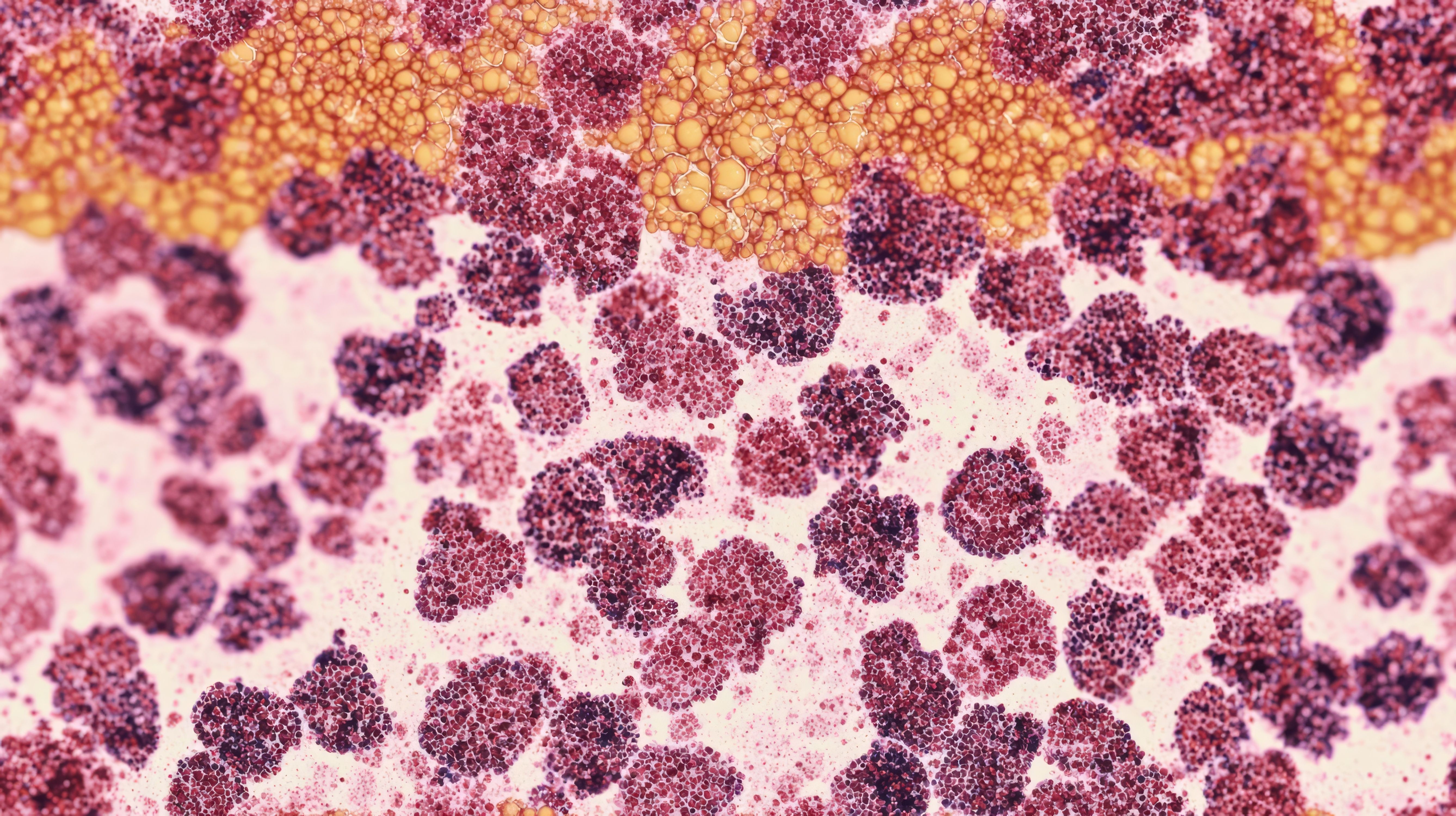Article
New Mouse Model May Improve Immunotherapy Efficacy
Author(s):
CD40-antibody drugs could have enhanced anti-tumor activity.
A new mouse model allows researchers to better evaluate CD40-antibody drugs and identify which immunotherapy drugs would be most effective in patient trials.
Immunotherapy has shown promise in cell cultures and animal models; however, once the drugs move into clinical trials they fail. In a study published in Cancer Cell, researchers created a new animal model to help overcome this hindrance.
“Antibodies that activate CD40 showed great promise in animal models at Rockefeller and elsewhere, but in several international patient trials we've seen a big gap between that promise and clinical efficacy,” said researcher Rony Dahan.
The research team engineered mice models to have immune systems that more closely mimicked than in humans. This new model expresses the human versions of the CD40 protein and the Fc receptors.
The receptors were developed to be similar to those seen in patients, allowing researchers to look for antibodies that bind more tightly. The results of the study revealed that the engagement of the human Fc receptor FcRIIB, is imperative for the therapeutic activity of human CD40 antibodies.
However, the engagement of the receptor FcRIIA appeared to compromise the activity. The findings suggest that the Fc receptors are key for inducing a successful immune response against tumors in humans, the study concluded.
“We know from our study that current antibodies under development don't fully utilize the potential of the CD40 approach,” Dahan said. “We have used our new model to identify and select new Fc-engineered CD40 antibodies that have significantly enhanced antitumor activity. We then advanced the most promising candidate into clinical trials of various solid tumor types, in a project funded by Rockefeller's Robertson Therapeutic Development Fund.”
Newsletter
Stay informed on drug updates, treatment guidelines, and pharmacy practice trends—subscribe to Pharmacy Times for weekly clinical insights.




